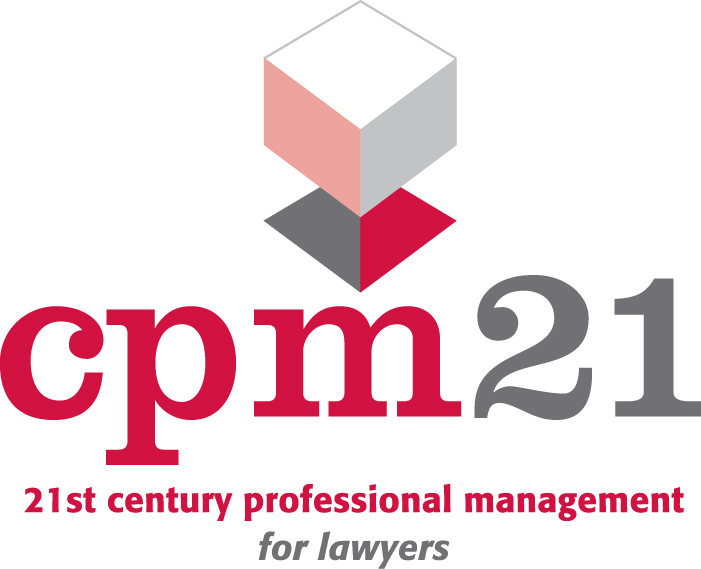Sanctions
Throughout 2022 the issue of sanctions became an ever-increasing headache for firms of solicitors. For many this was a new area of concern, and for the more aware it presented significant compliance issues due to the fast moving, and ever changing, nature of the sanctions to be considered.
Throughout 2022 the SRA provided sanctions guidance. One of the main considerations for firms, however, is how to comply with this guidance. The biggest issue is knowing if your clients, or the beneficial owners of your clients, are subject to sanctions. If firms are not using electronic identification & verification (EID&V) systems to assist with this, it is difficult to see how compliance can be achieved. Firms that are using EID&V must consider if the system that they are using is fit for purpose, and in particular:
- Does it carry out politically exposed person (PEP) and sanctions lists checks?
- If so, do these checks satisfy SRA requirements?
- Does your EID&V service provide ongoing updates to the checks, and if so, how frequently are the various sanctions lists checked, and updates provided? With changes to the lists happening on a regular basis even a check conducted yesterday can be out of date today.
On 28 November 2022, the SRA issued further guidance on the financial sanctions regime. In this guidance they provided details of how they expect firms to deal with their compliance obligations. The guidance imposes new requirements on firms and extends to work that falls outside the scope of the Money Laundering Regulations. These new requirements are along similar lines to those for anti-money laundering compliance, and include requirements for risk assessments and policies, controls, and procedures (PCPs).
The new guidance says:
“For firms with an AML compliance regime, a way of achieving a good standard of sanctions controls might be identifying and verifying all clients (whether in scope of AML or not) to the standard required by the money laundering regulations, and then checking against the sanctions list.”
It also refers to various requirements of an effective sanctions compliance regime including:
- An assessment of the sanctions risks to which the firm may be exposed.
- A written and implemented set of policies, controls, and procedures.
- A record of your assessment of sanctions risk for each client and/or matter.
- A documented and implemented policy and procedure.
- Training on the sanctions regime and related internal compliance procedures.
- Internal and external reporting procedures.
- A form of regular (for example annually) independent audit.
The parallels with the AML compliance regime are therefore clearly apparent. These obligations are now in place and no doubt the SRA will be checking for compliance in a similar way that it does for compliance with the AML requirements.
If you require any assistance with this issue, please contact us. We can assist with:
- General advice and guidance.
- The provision of suitable risk assessment documents.
- The provision of bespoke policy documents.
- Training.
- File reviews and independent audits.




